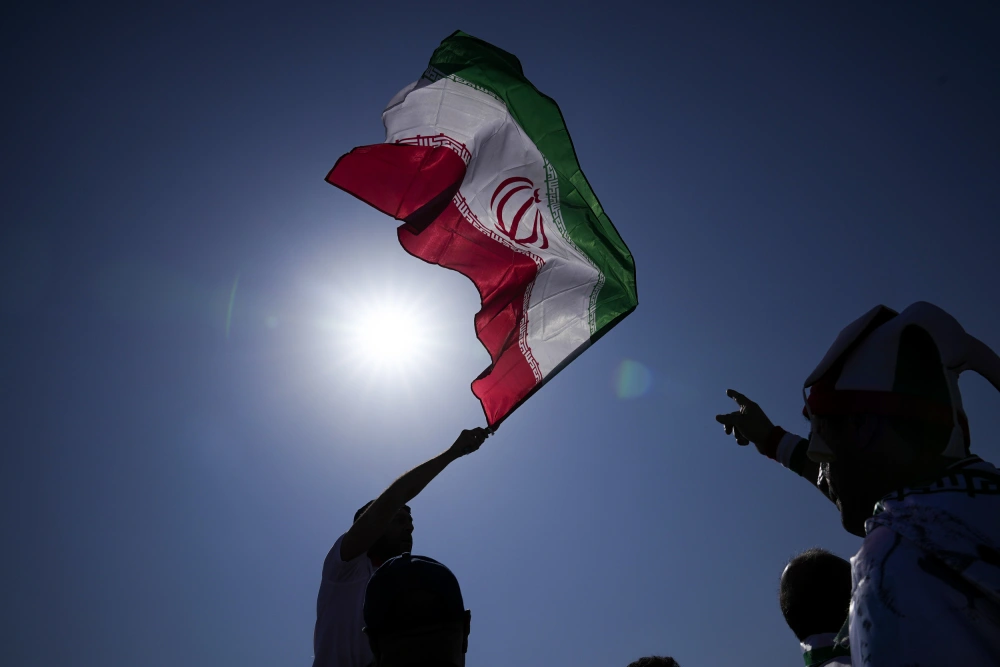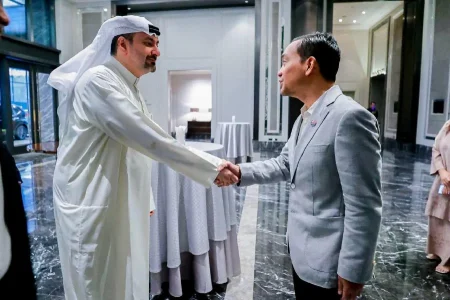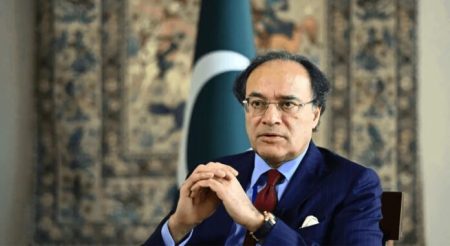Iran is working to be removed from the Financial Action Task Force’s (FATF) blacklist, which marks countries considered high-risk for money laundering and terrorist financing. This effort depends on passing key laws and ratifying two important international conventions. The removal would help Iranian exporters, producers, and investors by easing financial restrictions.
The FATF is an international organization that sets rules to combat money laundering and terrorism financing. Iran was placed on the blacklist in February 2020 after concerns about its financial system. Being on this list limits Iran’s access to international banking and trade.
Iran has completed 37 of 41 steps required by the FATF but still needs to pass amendments to its laws on money laundering and terrorism financing. It also must ratify the Convention against Transnational Organized Crime (Palermo Convention) and the International Convention for the Suppression of the Financing of Terrorism (CFT). The Palermo Convention has been approved by Iran’s Expediency Council, and the CFT Convention is expected to be approved soon.
The Iranian Ministry of Economic Affairs and Finance and the Financial Intelligence Unit are helping to move these laws through parliament. The draft laws have passed parliament and are now with the Advisory Council, where the Palermo and CFT conventions still need approval.
The FATF was founded in 1989 by the G7 countries and has 37 members. It aims to protect the global financial system from illegal activities. Iran was first marked as high risk in 2007 and blacklisted in 2020. Since 2016, diplomatic talks delayed harsher sanctions, but the blacklist status remains.
If Iran finishes these steps, FATF could remove countermeasures that limit Iranian financial activities. This would allow Iran better access to international markets and improve its financial reputation. It may also encourage foreign investment.
Iran faces challenges ahead, especially with the Advisory Council’s approval. The government sees these changes as important for economic growth and reintegration into the global financial system.
The FATF’s rules help make sure financial systems worldwide are safe from illegal activities. For Iran, coming off the blacklist would improve trade and diplomatic relations.
Iran continues to work toward meeting FATF requirements, hoping to reduce financial isolation and open new economic opportunities.















